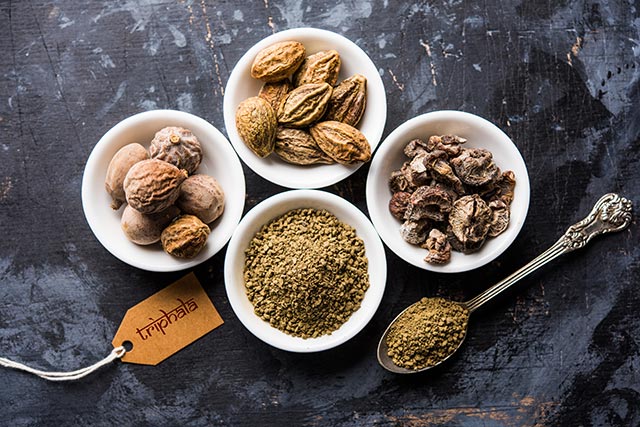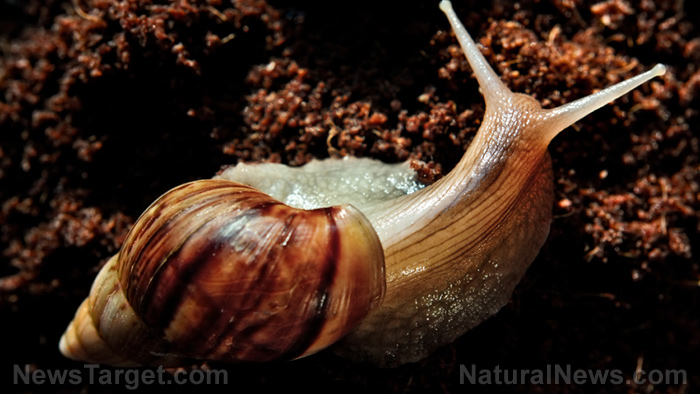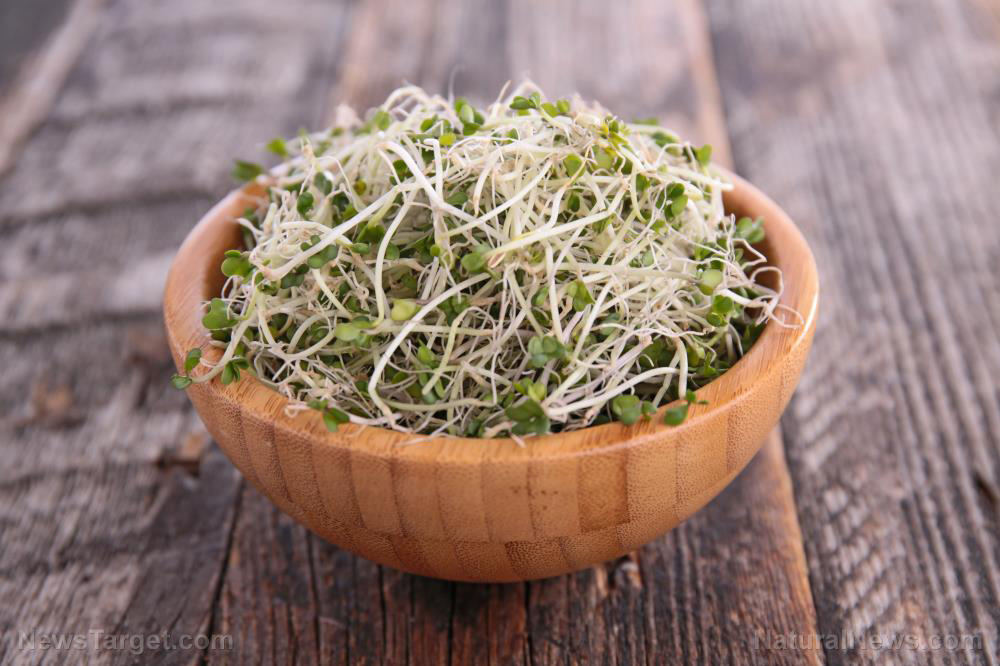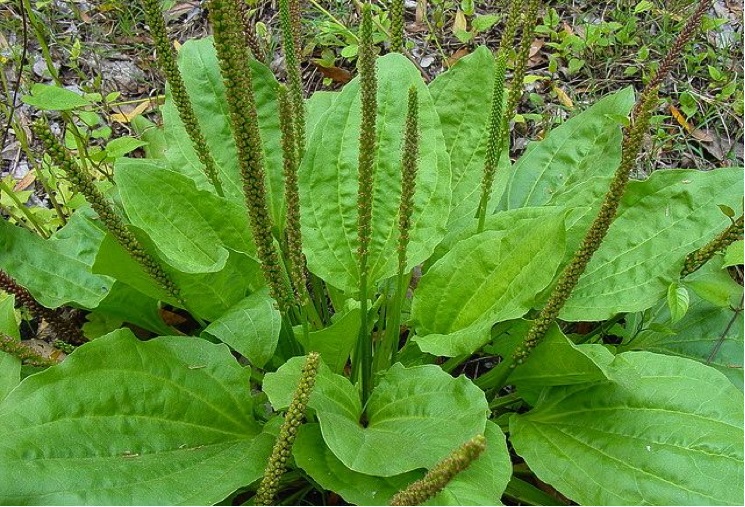Pepper-rosmarin essential oil found to effectively treat fungal disease in maize
04/02/2020 / By Evangelyn Rodriguez
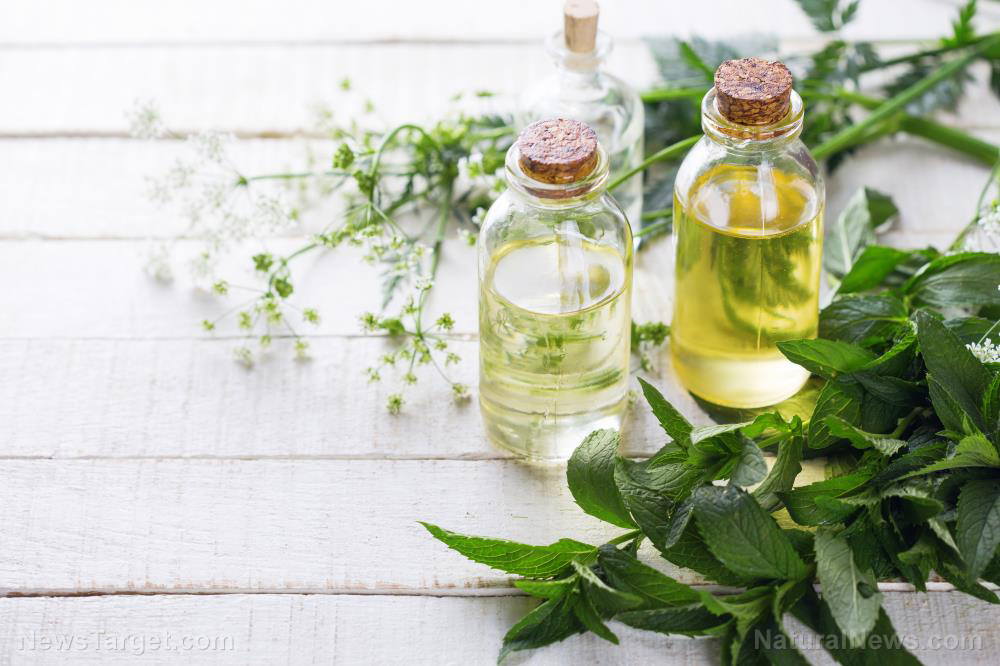
The fungus Bipolaris maydis is a plant pathogen known for causing Southern corn leaf blight in maize. Southern corn leaf blight causes elongated lesions in corn leaves which can merge to kill large areas of corn leaf tissue. This impairs the ability of corn to perform photosynthesis, leading to increased stalk rots and reduced crop yield.
In a recent study, researchers at the Federal University of Tocantins in Brazil evaluated the efficacy of four different essential oils in inhibiting the mycelial growth and the germination of the conidia of B. maydis. The fungus is known to infect crops by forming asexual conidia or spores.
The researchers found that the essential oil of pepper-rosmarin is an effective natural fungicide that can stop B. maydis from damaging maize. They described their findings in an article published in the Journal of Medicinal Plants Research.
Pepper-rosamarin essential oil has powerful fungicidal activity
Natural plant disease control agents are great alternatives to chemical pesticides and have beneficial effects on both human and animal health. Despite numerous studies on botanical fungicides, their effective use still requires knowledge about the applicability of natural products to different production systems.
For their study, the researchers evaluated the potential of essential oils from Ocimum pupuraceus (purple basil), Cymbopogon nardus (citronella), C. citratus (lemongrass) and Lippia sidoides (pepper-rosmarin) to fight fungal plant pathogens using gas chromatography and plant toxicity analyses.
They reported that the essential oil of pepper-rosmarin was effective at inhibiting the growth of B. maydis mycelia — the vegetative parts of a fungus — and the germination of its conidia at concentrations of five and one percent, respectively.
The researchers also found that the main active component of the pepper-rosmarin essential oil was thymol (92.68 percent). Thymol is a powerful compound with antibacterial and anti-fungal activities. It is also the active compound responsible for the beneficial properties of thyme.
The researchers found that at concentrations between 0.75 and three percent, pepper-rosmarin essential oil is phytotoxic to maize plants. On the other hand, at a concentration of 0.1 percent, the oil reduced the severity of leaf damage caused by B. maydis in maize by more than 54 percent.
Based on these results, the researchers concluded that pepper-rosmarin essential oil can be used to prevent or control plant fungal diseases due to its ability to inhibit mycelial growth.
Other uses of pepper-rosmarin essential oil
Pepper-rosmarin is a medicinal plant that is native to the northeastern part of Brazil. Its leaves are known to produce an aromatic essential oil that is widely used in perfumes, creams, lotions and deodorants. In traditional medicine, the leaves of pepper-rosamarin are used to treat acne, skin and scalp infections, and wounds. They are also effective remedies for allergic rhinitis and mouth, throat and vaginal infections. (Related: 3 Essential oils with powerful antibacterial and antiviral properties.)
According to studies, pepper-rosmarin essential oil is rich in two active compounds, thymol and carvacrol. These phytochemicals have shown strong anti-microbial activities against several pathogenic bacteria, fungi and yeast. Pepper-rosmarin essential oil has also demonstrated insecticidal activity against Tenebrio molitor (mealworm), a known grain and flour pest, and larvicidal activity against Aedes aegypti (yellow fever mosquito), which causes dengue, Zika fever and chikungunya in humans.
Research also shows that pepper-rosmarin essential oil can be used to make natural oral health products, such as toothpastes, mouthwash and gels. A 30-day trial involving children found that those who used these natural products daily had a decrease in oral Steptococcus mutans, the bacterium that causes tooth decay. All three natural products containing pepper-rosamarin essential oil proved more effective than chlorhexidine, a commercial mouthwash, as they were able to keep S. mutans counts consistently low throughout the treatment period.
Pepper-rosmarin essential oil is a potent natural product with great anti-microbial properties that can benefit both plants and humans. Learn more about this essential oil and other excellent anti-microbials at NaturalAntibiotics.news.
Sources include:
Tagged Under: agriculture, antibacterial, Antifungal, Bipolaris maydis, essential oils, harvest, natural antibiotics, natural fungicide, natural products, oral health, organic farming, pepper-rosmarin, phytonutrients, plant fungal disease, prevention, research, thymol, tooth decay
RECENT NEWS & ARTICLES
Natural.News is a fact-based public education website published by Natural News Features, LLC.
All content copyright © 2018 by Natural News Features, LLC.
Contact Us with Tips or Corrections
All trademarks, registered trademarks and servicemarks mentioned on this site are the property of their respective owners.


